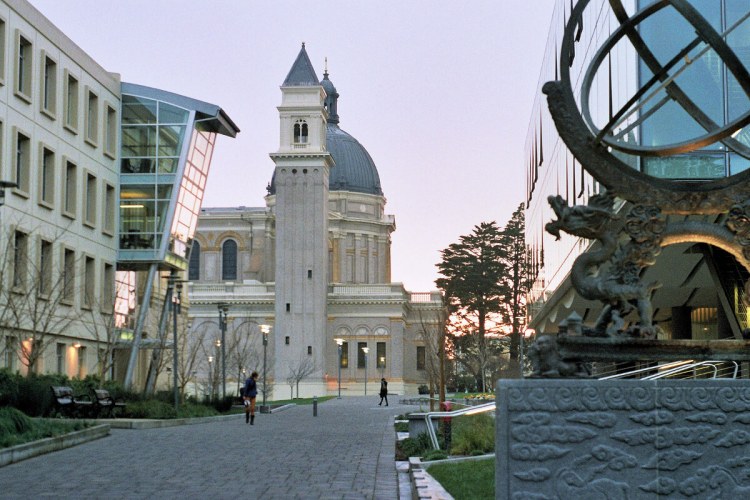Want smarter insights in your inbox? Sign up for our weekly newsletters to get only what matters to enterprise AI, data, and security leaders. Subscribe Now
Online sexual assault tracker Callisto has expanded its service to two additional colleges, Sexual Health Innovations founder Jess Ladd told VentureBeat in a phone interview.
Callisto is now available at Coe College and Central College in Iowa.
Callisto pilot programs started last year at University of San Francisco and Pomona College.
Additional expansions are planned in Colorado, New York, and other parts of the United States later this year, Ladd said, and plans are being considered for an expansion beyond colleges.
“Expansion beyond campuses is going to first be to other types of institutions/associations/groups where there is a paying customer. Eventual free national expansion will be supported by philanthropy or ideally the government,” Ladd said.
At the participating colleges, each Callisto user is given three options: report a sexual assault; record a report and save for later; or report the crime only if other people accuse the same person. Each report is encrypted until it’s shared with the college administrator directly responsible for addressing sexual assault reports.
“Last year we saw that usage (unique visitors to website) was roughly 10 percent of the student body in terms of size, which tracks with about how many users you would expect, given how many survivors there are on a campus,” Ladd said.
A Washington Post-Kaiser Family Foundation poll found that 20 percent of women and 7.5 percent of men report being sexually assaulted in college. Surveys of men have found that 90 percent of sexual assault is committed by 10 percent of men, and that each commits sexual assault roughly 6 times. Stopping repeat offenders could mean stopping up to 60 percent of sexual assault.
Callisto works on the posit that the removal of repeat offenders or creation of a deterrent for first-time offenders will lead to a reduction of sexual assault.
The identity of Callisto users is encrypted until they choose to share a sexual assault report, but Callisto shares aggregate data with the universities it works with so they can better understand trends on campus.
Beyond Callisto, schools like University of Pennsylvania and Virginia Tech have implemented their own mobile alert systems.
The Lighthouse website also takes sexual assault reports, though the web-based system has faced opposition from university administrators reluctant about working with a reporting system that operates independently of the school, according to reporting by Huffington Post.
Ladd declined to state the number of instances in which reporting was triggered as a result of multiple name matches, but her company has recognized some early trends.
Callisto sees an increase in activity on its site at the start of the school year; the company believes this is because schools are promoting it, and because the first weeks of the school year are when rape is most likely to occur on college campuses, according to the Department of Justice.
Some surveys have shown that nearly half of all sexual assault occurs in the first weeks and months of the school year, and that freshmen females are most vulnerable.
“We also see uptakes particularly around fall and spring break, and at the very end of the year, and all of that makes sense given theories around when sexual assault is happening, and when you would expect reporting to happening, said Ladd.
A spike in reports may also be seen this time of year since the average victim waits nearly a year before filing a report.
Callisto is designed to be a place for cathartic disclosure of sexual assault and to simulate the kinds of questions an assault victim will face from authorities or law enforcement so you know what to expect if you decide to report.
The option to report sexual assault if multiple accusers come forward is designed to encourage people who were sexually assaulted but hesitate to report the crime.
Sexual Health Innovations was created by Ladd in 2014. A one-time human sexuality teacher at Pomona College and health policy wonk at the White House, Ladd reported being a victim of sexual assault when she was a student at Pomona College.
Callisto has received $1.5 million in funding from Google.org, NoVo Foundation, and others. The company has six employees and offices in San Francisco and New York.
Callisto is an open source project and is available to download on Github.


